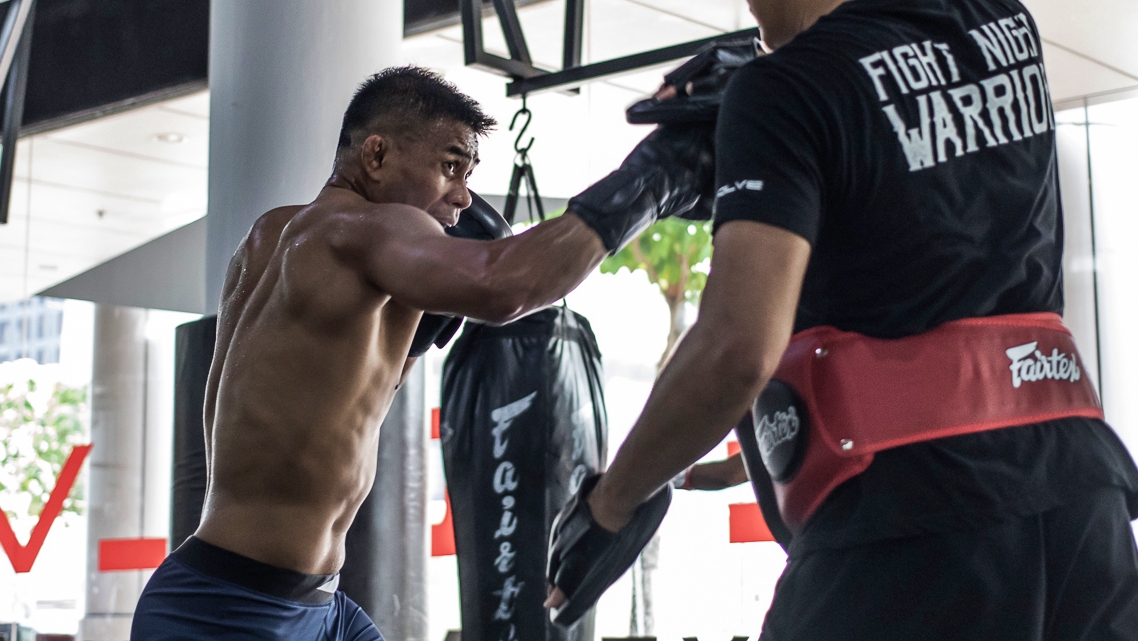isshinryuronin
Senior Master
Gen. von Moltke was the 1800's Prussian Chief of Staff and was concerned with large scale strategy like Napolean's C of S., Jomini. (I've read Moltke's book, The Art of War. Jomini's, too) Such strategy is concerned with the general principles of warfare and is more immune to unforseen small scale events as it works on a slower time scale. His analytical and materialistic approach to strategy is different from Sun Tzu's which is more "organic" and more adaptable to small scale fighting, IMO.von Moltke, who understood better than anybody the difference between having a plan and fighting on instinct adaptively.
On small scale conflict such as a fight, strategy is very basic: Choice of range, attack or counter, predominant weapon, take the high ground, etc. All else happens on a tactical level and at a much faster pace, such as what combo to throw. Tactics are very much affected by small events such as the opponent's lead side, elbow position, choice of reaction to a specific attack, etc. There are many surprises and adaptability is key.
Often, events unfold so rapidly even tactics are outpaced. There is ZERO time for a decision process to take place. Here is where constant training, mushin and muscle memory come into play. Although not technically "instinct" as it's developed, not inborn, it operates in a similar way in that the normal thinking process is bypassed. The body goes on auto pilot.
All three types of action processes can occur in a fight: Strategic, tactical and instinctual - in increasing levels of importance, and speed dependency, IMO.


